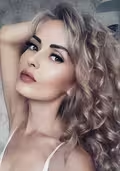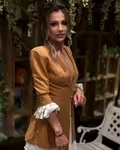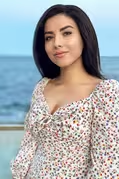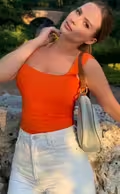Russian cultural profile
Brides club- Dating tips author
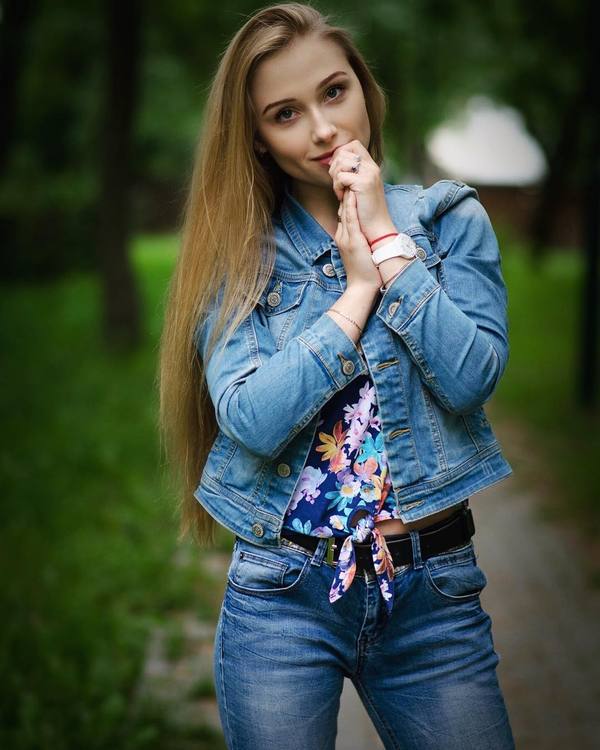
Russia – the largest country on earth – emerged from a decade of post-Soviet economic and political turmoil to seek to reassert itself as a world power. Income from vast natural resources, above all oil and gas, helped Russia overcome the economic collapse of 1998, but the oil price slump of 2014 ended the long run of prosperity. The state-run gas monopoly Gazprom still supplies a large share of Europe’s needs. Vladimir Putin – Russia’s dominant political figure since 2000 – has enhanced his control over state institutions and the media – a process russian cultural profile more recently by an emphasis on fierce nationalism and hostility to the West.
Vladimir Putin has been Russia’s dominant political figure since his election as president in 2000, serving two terms and then a four-year stint as prime minister, before resuming the presidency in 2012 and winning re-election in 2018. Since his re-election against only token opposition, Russia’s authorities have further tightened control over the media, thereby muffling an embryonic opposition movement. He has also and adopted a stridently nationalist course and appealed to memories of Soviet-era power to shore up domestic support. The president presents himself as a strong leader who took Russia out of the economic, social and political crisis of the 1990s, and defends Russia’s national interests, particularly against alleged Western hostility. Opponents and critics at home and abroad accuse him of undermining Russia’s institutions, stymying democratic development, and entrenching rule by a narrow, wealthy elite. Russian TV is dominated by channels that are either run directly by the state or owned by companies with close links to the Kremlin.
The government controls Channel One and Russia One – two of the three main federal channels – while state-controlled energy giant Gazprom owns NTV. TV is the main news source for most Russians. There is a fast-growing pay-TV market, led by satellite broadcaster Tricolor. The government is undertaking a project to bring digital TV to every Russian home.

1689-1725 – Peter the Great introduces far-reaching reforms. 1798-1815 – Russia takes part in the European coalitions against Revolutionary and Napoleonic France, defeating Napoleon’s invasion in 1812 and contributing to his overthrow. 1853-57 – Russia suffers setback in attempt to seize territory from declining Ottoman Empire through its defeat in Crimean War. 1904-05 – Russian expansion in Manchuria leads to war with Japan – and the 1905 revolution, which forced Tsar Nicholas II to grant a constitution and establish a parliament, the Duma. 1914 – Russian-Austrian rivalry in Balkans contributes to outbreak of First World War, in which Russia fought alongside Britain and France.
Bolshevik revolutionaries led by Lenin topple the provisional government and take power. 1918-22 – Civil war between Red Army and anti-communist White Russians. 1922 – Bolsheviks reorganise remnants of Russian Empire as Union of Soviet Socialist Republics. 1945 – Allied victory over Nazi Germany is followed by swift establishment of Soviet hegemony in Central and Eastern Europe, and Balkans.
The end of the war sees the start of decades of Cold War rivalry with the West. 1953 – Death of dictator Joseph Stalin ushers in less repressive rule at home, although Communist Party political dominance is firmly upheld. 1991 – Russia becomes independent as the Soviet Union collapses and, together with Ukraine and Belarus, forms the Commonwealth of Independent States, which is eventually joined by most former Soviet republics. 2000 – Prime Minister Vladimir Putin takes over as president on the resignation of Boris Yeltsin, begins steady re-orientation of Russia away from democracy and cooperation with the West towards a more nationalist and authoritarian politics. 2014 – Russia seizes Ukrainian region of Crimea, prompting the biggest East-West showdown since the Cold War. 2015 September – Russia begins armed intervention in Syria to support ally President Bashar al-Assad. 2018 – Vladimir Putin elected to fourth term as president in contest with minor candidates.
How do doctors and nurses cope when a patient dies? The BBC is not responsible for the content of external sites. Read about our approach to external linking. Basil’s Cathedral is a brightly colored landmark in Moscow. Russia, the largest country in the world, occupies one-tenth of all the land on Earth.
The Russian landscape varies from desert to frozen coastline, tall mountains to giant marshes. Much of Russia is made up of rolling, treeless plains called steppes. Siberia, which occupies three-quarters of Russia, is dominated by sprawling pine forests called taigas. Russia has about 100,000 rivers, including some of the longest and most powerful in the world.
It also has many lakes, including Europe’s two largest: Ladoga and Onega. Lake Baikal in Siberia contains more water than any other lake on Earth. There are about 120 ethnic groups in Russia who speak more than a hundred languages. Roughly 80 percent of Russians trace their ancestry to the Slavs who settled in the country 1,500 years ago. Other major groups include Tatars, who came with the Mongol invaders, and Ukrainians. Russia is known all over the world for its thinkers and artists, including writers like Leo Tolstoy and Fyodor Dostoevsky, composers such as Pyotr Ilyich Tchaikovsky, and ballet dancers including Rudolf Nureyev.
Russian brides club
Russian Brides
Dating Posts
- Russian profile pictures 9gag
- Russia 2018 profile picture
- Russian woman profile pictures
- Russian dating Boston
- Russian brides Boston
- Russian dating in Los-Angeles CA
- Russian brides in United Kingdom
- Russian brides for marriage
- Russian profile pictures 9gag
- Russia 2018 profile picture
- Russian woman profile pictures
- Russia trade profile wto
- Russia trade profile
Recent Posts
Categories
Need Help?
Contact Us Toll-Free
